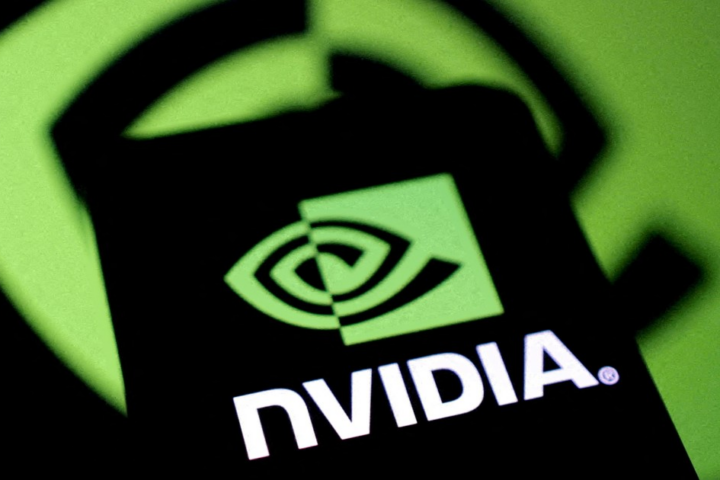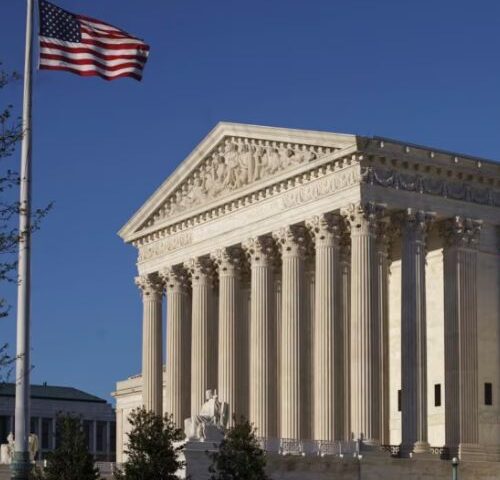SAN DIEGO, Feb. 5, 2022 /PRNewswire/ — The law firm of Robbins Geller Rudman & Dowd LLP has filed a class action lawsuit charging Berkeley Lights, Inc. (NASDAQ: BLI) as well as certain of its top executives with violations of the Securities Exchange Act of 1934 and announces that purchasers or acquirers of Berkeley Lights common stock between July 17, 2020 and September 14, 2021, inclusive (the “Class Period”) have until this upcoming Monday, February 7, 2022 to seek appointment as lead plaintiff. Filed on December 8, 2021, the Berkeley Lights class action lawsuit is captioned Ng v. Berkeley Lights, Inc., No. 21-cv-09497 (N.D. Cal.).
The plaintiff is represented by Robbins Geller, which has extensive experience in prosecuting investor class actions including actions involving financial fraud.
CASE ALLEGATIONS: The Berkeley Lights class action lawsuit alleges that, throughout the Class Period, defendants made false and misleading statements and failed to disclose that: (i) Berkeley Lights’ flagship instrument, the Beacon, suffered from numerous design and manufacturing defects including breakdowns, high error rates, data integrity issues and other problems, limiting the ability of biotechnology companies and research institutions to consistently use the machines at scale; (ii) Berkeley Lights had received numerous customer complaints regarding the durability and effectiveness of Berkeley Lights’ automation systems, including complaints related to the design and manufacturing; (iii) the actual market for Berkeley Lights’ products and services was a fraction of the $23 billion represented to investors because of, among other things, the relatively high cost of Berkeley Lights’ instruments and consumables and inability to provide the sustained performance necessary to justify these high costs; and (iv) as a result, defendants’ statements to investors during the Class Period regarding Berkeley Lights’ business, operations, and financial results were materially false and misleading.
On September 15, 2021, research analyst firm Scorpion Capital issued a scathing investigative report, titled “Fleecing Customers And IPO Bagholders With A $2 Million Black Box That’s A Clunker, While Insiders and Silicon Valley Bigwigs Race To Dump Stock. Just Another VC Pump at 27X Sales. Target Price: $0,” which criticized Berkeley Lights’ technology and questioned the durability of Berkeley Lights’ most important business relationships and its business growth plan. Although Scorpion Capital stated it was short Berkeley Lights, the information contained in the Scorpion Capital report was purportedly based on extensive proprietary research and analysis, including 24 research interviews with former Berkeley Lights employees, industry scientists, and end users across 14 of Berkeley Lights’ largest customers. Among other findings, the report detailed a “trail of customers who allege they were ‘tricked,’ misled, or over-promised into buying a $2 million lemon” and concluded that the “reality is so far from BLI’s grandiose hype that we believe its product claims and practices may constitute outright fraud.” On this news, the price of Berkeley Lights common stock fell by nearly 30% over two trading days, damaging investors.
THE LEAD PLAINTIFF PROCESS: The Private Securities Litigation Reform Act of 1995 permits any investor who purchased Berkeley Lights common stock during the Class Period to seek appointment as lead plaintiff in the Berkeley Lights class action lawsuit. A lead plaintiff is generally the movant with the greatest financial interest in the relief sought by the putative class who is also typical and adequate of the putative class. A lead plaintiff acts on behalf of all other class members in directing the Berkeley Lights class action lawsuit. The lead plaintiff can select a law firm of its choice to litigate the Berkeley Lights class action lawsuit. An investor’s ability to share in any potential future recovery of the Berkeley Lights class action lawsuit is not dependent upon serving as lead plaintiff.
ABOUT ROBBINS GELLER RUDMAN & DOWD LLP: With 200 lawyers in 9 offices nationwide, Robbins Geller Rudman & Dowd LLP is the largest U.S. law firm representing investors in securities class actions. Robbins Geller attorneys have obtained many of the largest shareholder recoveries in history, including the largest securities class action recovery ever – $7.2 billion – in In re Enron Corp. Sec. Litig. The 2020 ISS Securities Class Action Services Top 50 Report ranked Robbins Geller first for recovering $1.6 billion for investors that year, more than double the amount recovered by any other securities plaintiffs’ firm.







